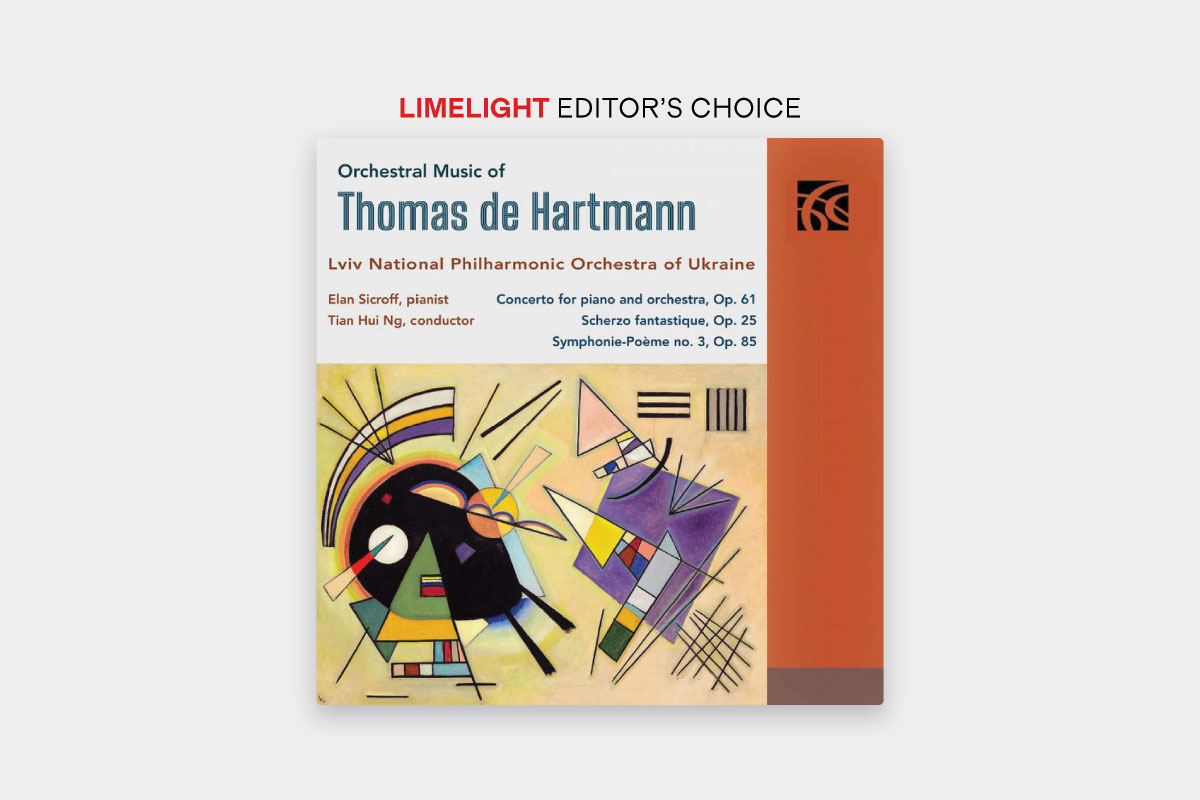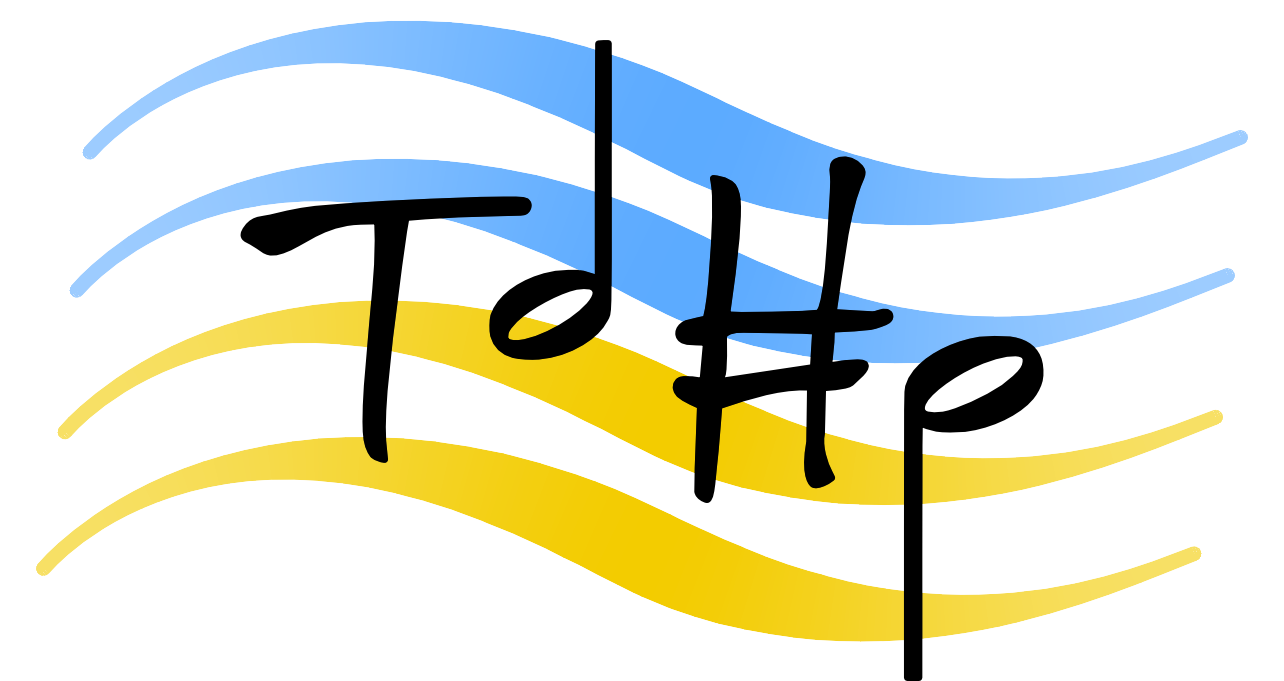by Phillip Scott on 25 August, 2022
Thomas de Hartmann, despite his Germanic name, was born into an aristocratic Russian family in Ukraine, in 1884. After showing musical talent as a child he studied in Moscow, initially with Anton Arsensky, then Sergei Taneyev. His star rose quickly, and in 1906 a 3-hour ballet score, Le Fleurette Rouge, was premiered to great acclaim. Hartmann’s earliest music was in the style of Rimsky-Korsakov (who was director of the St. Petersburg Conservatory where Hartmann studied), but his aesthetic became more modernist through the influence not of composers but contemporary painters. One of these was his personal friend Wassily Kandinsky.

The composer’s later career was side-tracked when he and his wife attached themselves to an itinerant spiritual guru, the Georgian mystic George Gurdjieff. They literally followed him around until 1929. During this time, Hartmann collaborated with Gurdjieff (who was musically illiterate), notating and arranging melodies for use in spiritual exercises. Gurdjieff would pick tunes out on the piano, based on Middle Eastern folk music he had heard on his travels. Simple and haunting, they have been recorded on some ‘new age’ labels, but none appear in this program, which consists of Hartmann’s original orchestral works. After leaving the mystic, and following the upheavals of war and revolution, Hartmann’s early reputation had evaporated. He turned to writing film scores for a living under the pseudonym Thomas Kross, composing over 50. He settled in France until World War Two and ended his days in 1956 in America.
Very little if any of his concert music has been recorded until now, but two discs of orchestral pieces have appeared recently. The one under discussion contains works from across his career: Scherzo-Fantastique Op. 25 (1929), Piano Concerto, Op. 61 (1939), and Symphonie-Poème No. 3, Op. 85 (1953). The earliest of these is a sprightly, malevolent scherzo reminiscent of Dukas’ Sorcerer’s Apprentice. More individual is the Symphonie-Poème: A work of three movements, each a musical impression of a segment of an 1874 Russian novel, In the Forests. The first two movements convey an eerie atmosphere, with a role for organ in the second, while the third entitled “The Feast of Spring” is a kaleidoscope of episodes that together represent the blossoming and celebration of spring. In orchestration and energy, the music recalls Prokofiev, but with a darker side.
Between these two is the colourful, dance-like Piano Concerto, a remarkably fine example of the mid-century form as produced by Alexander Tcherepnin, or Ernest Toch. The piano writing is challenging but fluent, and the orchestral texture full of interest.
These performances leave nothing to be desired. Elan Sicroff, who has recorded a disc of Hartmann’s solo piano music, is authoritative; Singaporean conductor Tian Hui Ng balances his forces well, and the orchestra plunges in with exuberance. Sound quality is top class.
Established in 1902, the Lviv National Philharmonic Orchestra boasts a long, proud history with several famous 20th-century names attached. They made this recording last year. Let us hope their history has not been curtailed prematurely.
